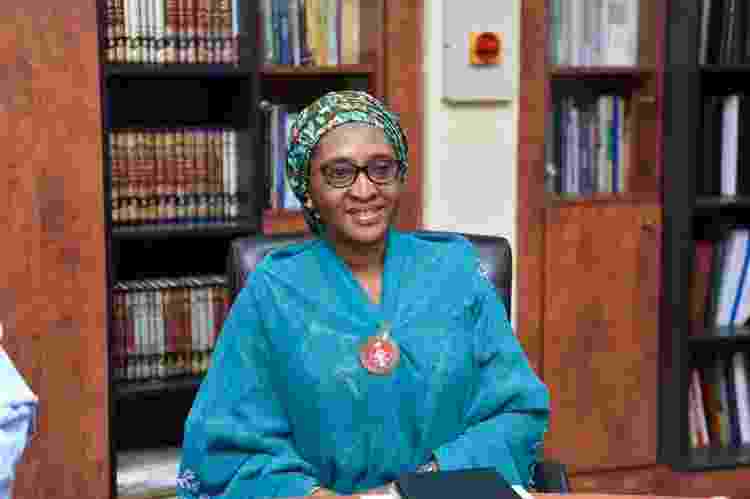With the present level of Nigeria’s external debt, every Nigerian citizen in the country is currently indebted to the tune of $157 or N64,684.
This trend, according to a development economist, Dr. Tayo Bello, is worrisome as the borrowing rate is alarming and does not reflect in physical infrastructure that can repay the loans.
As of June 30, 2021, the country’s external obligations stood at $33.468 billion, according to the Debt Management Office.
Nigeria’s current population as of Saturday, October 9, 2021, based on Worldometer’s elaboration of the latest United Nations data, stands at 212,599,044, and when the country’s debt is equally divided, each person, old and young, male and female, is owing external entities $157.42 or N64,684 each.
This is as the country is looking at borrowing another N6 trillion to fund the N16 trillion spending for next year.
The country’s external borrowings have been on the increase in recent times, with the country’s external debt rising by $120.84 million between January and June this year.
Dr. Bello said: “The problem with Nigeria is that the borrowed fund is not commensurate with the availability of revenue, both inflow and outflow, and does not reflect in infrastructure that can repay the loans. It is a garbage in, garbage out situation.”
He alleged that some persons steal the money that is borrowed and expressed worry over taking loans to fund a railway line leading to Niger Republic for the sheer reason that Nigeriens are President Muhammadu Buhari’s cousins.
“The problem with the external loan is that we are going to repay the loan in dollars, both the principal and interest. If the loan is expended on things that can repay the debts, there is no problem with that, but there is a problem with borrowing to pay salaries,” he said.
As of December 31, 2020, the country’s total external obligations stood at $33.348 billion but it had risen to $33.468 billion by the end of June. This is aside from the Eurobonds that have been raised afterwards.
Last month, the federal government through the DMO raised $4 billion through Eurobonds. Although it initially planned to raise $3 billion, it raised an additional $1 billion as the bond offer was oversubscribed to the tune of $12.2 billion.
Much of the debt is owed to the International Development Association (IDA) which is an arm of the World Bank. Nigeria’s obligation to the IDA currently stands at $11.62 billion. The country also has a $10.37 billion Eurobond obligation.
It also owes $3.5 billion to the International Monetary Fund and another $3.48 billion to EXIM Bank of China.
Meanwhile, the country has spent N2.88 trillion to service its debt this year with $1.302 billion spent between January and June this year to service its external obligations.
The minister of finance, budget and national planning, Mrs Zainab Ahmed, disclosed this during the public presentation and breakdown of the highlights of the 2022 appropriation bill held in Abuja last Friday.
According to her, in the first seven months of the year, total expenditure made by the government stood at N8.14 trillion out of which N2.88 trillion was utilised for debt servicing, N2.75 trillion was spent on overhead cost, while N1.75 trillion was expended on capital projects.
Analysts at Cowry Assets Management Limited, commenting on the country’s indebtedness, noted that “much of the country’s rising debt appears to have been spent on recurrent expenditure and abandoned capital projects rather than infrastructural projects that would ease business operations and catalyse profitability that would, in turn, yield higher income via taxation for the government; hence, the imbalance between the physical infrastructure and the huge debts so far.
“Thus, we therefore expect the federal government to tie each tranche of loan to a particular capital project as exhibited with its Sukuk loans which have been more effective in delivering infrastructure.”
The federal government has consistently insisted that its borrowing was within acceptable limits, in terms of debt-to-GDP, but after it was revealed that Nigeria spent 97 per cent of its national income to service the debts in year 2020 (according to BudgIT), many are asking the government to look at the situation in terms of debt-to-revenue rather than debt-to-GDP; after all, it is revenue that pays debts, not GDP.




